 By Our Reporter
By Our Reporter
“China has the fast growing economy, technological advancement and the global ranking education institutes, so I believe that learning the Chinese language in this competitive era is inevitable”, says Mahesh Adhikari. Adhikari comes from Bharatpur in Nepal and is currently based in Tianjin, a city neighboring Beijing.
After finishing his bachelor’s degree from Tribhuwan University in Kathmandu, Adhikari got an opportunity to further continue his studies in China. “At first I couldn’t decide on going to China or applying for some Universities in the United States or Australia, which are the first preference of many Nepalis. So I decided to do my own research and finally figured out economically and opportunity-wise going to China would be much beneficial for me as China was developing at a fast pace”, he recalls.

Adhikari holds a master’s degree in engineering from a reputed university in China and is now working for a Chinese company as a Sales Manager, which exports various machinery items to the world mainly Africa and South Asia. He recalls his first experience in China as it was yesterday: “It was very hot to my amazement. I never thought China could be hotter than my hometown which is one of the hottest places in Nepal. Once we arrived in Tianjin, I saw the tallest building that I had ever seen in my entire life. We went to the top of the building and from there I could see the whole city, the rivers, the traffic with lots and lots of cars, and other tall buildings.” “However it was an entirely different culture, language, and lifestyle”, he adds.
Adhikari has been living in China for 9 years now and considers Tianjin to be his home away from home and has witnessed how China under the leadership of the CPC has been changed significantly. “Today, China is a superpower which can actively shape the world,” he says. “For many decades, it was publically promoted by media and believed by people that any national prosperity was reachable only by applying the western model of development and western culture were assumed to be dependable bases for human development”, he told. However, he is bewildered how China is challenging western concepts and criticizing them for the huge problems they have created, he adds: “China has proved that non-western countries are as important parts of the world and are well able to build wealth and gain prosperity through developing their own models of national governance”.
When asked about what Nepal can learn from China, Adhikari promptly said: “China and few countries in the world have developed their own models of democracy and proved that each country has the right to develop its own very specific model of governance based on democracy in accordance with the country's cultural, political and social characteristics”. He further suggests, “Nepali citizens accordingly have to rebuild their national self-confidence and rise up to the more advanced standards of life people deserve, while seriously studying the Chinese version of the national development model and be able to build wealth and gain prosperity through developing their own models of national governance”.
Adhikari acknowledges the facts how the Chinese financial and technical assistance has contributed to Nepal’s development efforts in the areas of infrastructure building, industrialization process, human resources development, health, education, water resources, and sports. But he further adds, “All SAARC countries, except Bhutan, have been able to gain more advantage than Nepal from China’s enormous development”. Displaying his dissatisfaction on how despite the fluctuating political scenario Nepal lacks proper approach, consistency, and ability to make decisions on time and persuasion.
Highly unsatisfied with the bureaucracy in Nepal but also not willing to speak much on political questions Adhikari emphasizes that there is a magnificent demand for Nepali economic planners to be more open to foreign investment and constitute a high-level mechanism with an executive head endowed with full power to resolve issues related to timely implementation of the projects maintaining transparency and accountability.
Adhikari concludes that the most amazing and loving part about China is the warm and caring hearts of its people who can manage time and come up with new ways to help others but his favorite is the food. He fondly adds, “The good thing about the Chinese food is that it is healthy and cooked with some natural herbs that are medicine to our bodies. That is why the Chinese people have a long life expectancy.”
 By Our Reporter
“China has the fast growing economy, technological advancement and the global ranking education institutes, so I believe that learning the Chinese language in this competitive era is inevitable”, says Mahesh Adhikari. Adhikari comes from Bharatpur in Nepal and is currently based in Tianjin, a city neighboring Beijing.
After finishing his bachelor’s degree from Tribhuwan University in Kathmandu, Adhikari got an opportunity to further continue his studies in China. “At first I couldn’t decide on going to China or applying for some Universities in the United States or Australia, which are the first preference of many Nepalis. So I decided to do my own research and finally figured out economically and opportunity-wise going to China would be much beneficial for me as China was developing at a fast pace”, he recalls.
By Our Reporter
“China has the fast growing economy, technological advancement and the global ranking education institutes, so I believe that learning the Chinese language in this competitive era is inevitable”, says Mahesh Adhikari. Adhikari comes from Bharatpur in Nepal and is currently based in Tianjin, a city neighboring Beijing.
After finishing his bachelor’s degree from Tribhuwan University in Kathmandu, Adhikari got an opportunity to further continue his studies in China. “At first I couldn’t decide on going to China or applying for some Universities in the United States or Australia, which are the first preference of many Nepalis. So I decided to do my own research and finally figured out economically and opportunity-wise going to China would be much beneficial for me as China was developing at a fast pace”, he recalls.
 Adhikari holds a master’s degree in engineering from a reputed university in China and is now working for a Chinese company as a Sales Manager, which exports various machinery items to the world mainly Africa and South Asia. He recalls his first experience in China as it was yesterday: “It was very hot to my amazement. I never thought China could be hotter than my hometown which is one of the hottest places in Nepal. Once we arrived in Tianjin, I saw the tallest building that I had ever seen in my entire life. We went to the top of the building and from there I could see the whole city, the rivers, the traffic with lots and lots of cars, and other tall buildings.” “However it was an entirely different culture, language, and lifestyle”, he adds.
Adhikari has been living in China for 9 years now and considers Tianjin to be his home away from home and has witnessed how China under the leadership of the CPC has been changed significantly. “Today, China is a superpower which can actively shape the world,” he says. “For many decades, it was publically promoted by media and believed by people that any national prosperity was reachable only by applying the western model of development and western culture were assumed to be dependable bases for human development”, he told. However, he is bewildered how China is challenging western concepts and criticizing them for the huge problems they have created, he adds: “China has proved that non-western countries are as important parts of the world and are well able to build wealth and gain prosperity through developing their own models of national governance”.
When asked about what Nepal can learn from China, Adhikari promptly said: “China and few countries in the world have developed their own models of democracy and proved that each country has the right to develop its own very specific model of governance based on democracy in accordance with the country's cultural, political and social characteristics”. He further suggests, “Nepali citizens accordingly have to rebuild their national self-confidence and rise up to the more advanced standards of life people deserve, while seriously studying the Chinese version of the national development model and be able to build wealth and gain prosperity through developing their own models of national governance”.
Adhikari acknowledges the facts how the Chinese financial and technical assistance has contributed to Nepal’s development efforts in the areas of infrastructure building, industrialization process, human resources development, health, education, water resources, and sports. But he further adds, “All SAARC countries, except Bhutan, have been able to gain more advantage than Nepal from China’s enormous development”. Displaying his dissatisfaction on how despite the fluctuating political scenario Nepal lacks proper approach, consistency, and ability to make decisions on time and persuasion.
Highly unsatisfied with the bureaucracy in Nepal but also not willing to speak much on political questions Adhikari emphasizes that there is a magnificent demand for Nepali economic planners to be more open to foreign investment and constitute a high-level mechanism with an executive head endowed with full power to resolve issues related to timely implementation of the projects maintaining transparency and accountability.
Adhikari concludes that the most amazing and loving part about China is the warm and caring hearts of its people who can manage time and come up with new ways to help others but his favorite is the food. He fondly adds, “The good thing about the Chinese food is that it is healthy and cooked with some natural herbs that are medicine to our bodies. That is why the Chinese people have a long life expectancy.”
Adhikari holds a master’s degree in engineering from a reputed university in China and is now working for a Chinese company as a Sales Manager, which exports various machinery items to the world mainly Africa and South Asia. He recalls his first experience in China as it was yesterday: “It was very hot to my amazement. I never thought China could be hotter than my hometown which is one of the hottest places in Nepal. Once we arrived in Tianjin, I saw the tallest building that I had ever seen in my entire life. We went to the top of the building and from there I could see the whole city, the rivers, the traffic with lots and lots of cars, and other tall buildings.” “However it was an entirely different culture, language, and lifestyle”, he adds.
Adhikari has been living in China for 9 years now and considers Tianjin to be his home away from home and has witnessed how China under the leadership of the CPC has been changed significantly. “Today, China is a superpower which can actively shape the world,” he says. “For many decades, it was publically promoted by media and believed by people that any national prosperity was reachable only by applying the western model of development and western culture were assumed to be dependable bases for human development”, he told. However, he is bewildered how China is challenging western concepts and criticizing them for the huge problems they have created, he adds: “China has proved that non-western countries are as important parts of the world and are well able to build wealth and gain prosperity through developing their own models of national governance”.
When asked about what Nepal can learn from China, Adhikari promptly said: “China and few countries in the world have developed their own models of democracy and proved that each country has the right to develop its own very specific model of governance based on democracy in accordance with the country's cultural, political and social characteristics”. He further suggests, “Nepali citizens accordingly have to rebuild their national self-confidence and rise up to the more advanced standards of life people deserve, while seriously studying the Chinese version of the national development model and be able to build wealth and gain prosperity through developing their own models of national governance”.
Adhikari acknowledges the facts how the Chinese financial and technical assistance has contributed to Nepal’s development efforts in the areas of infrastructure building, industrialization process, human resources development, health, education, water resources, and sports. But he further adds, “All SAARC countries, except Bhutan, have been able to gain more advantage than Nepal from China’s enormous development”. Displaying his dissatisfaction on how despite the fluctuating political scenario Nepal lacks proper approach, consistency, and ability to make decisions on time and persuasion.
Highly unsatisfied with the bureaucracy in Nepal but also not willing to speak much on political questions Adhikari emphasizes that there is a magnificent demand for Nepali economic planners to be more open to foreign investment and constitute a high-level mechanism with an executive head endowed with full power to resolve issues related to timely implementation of the projects maintaining transparency and accountability.
Adhikari concludes that the most amazing and loving part about China is the warm and caring hearts of its people who can manage time and come up with new ways to help others but his favorite is the food. He fondly adds, “The good thing about the Chinese food is that it is healthy and cooked with some natural herbs that are medicine to our bodies. That is why the Chinese people have a long life expectancy.”





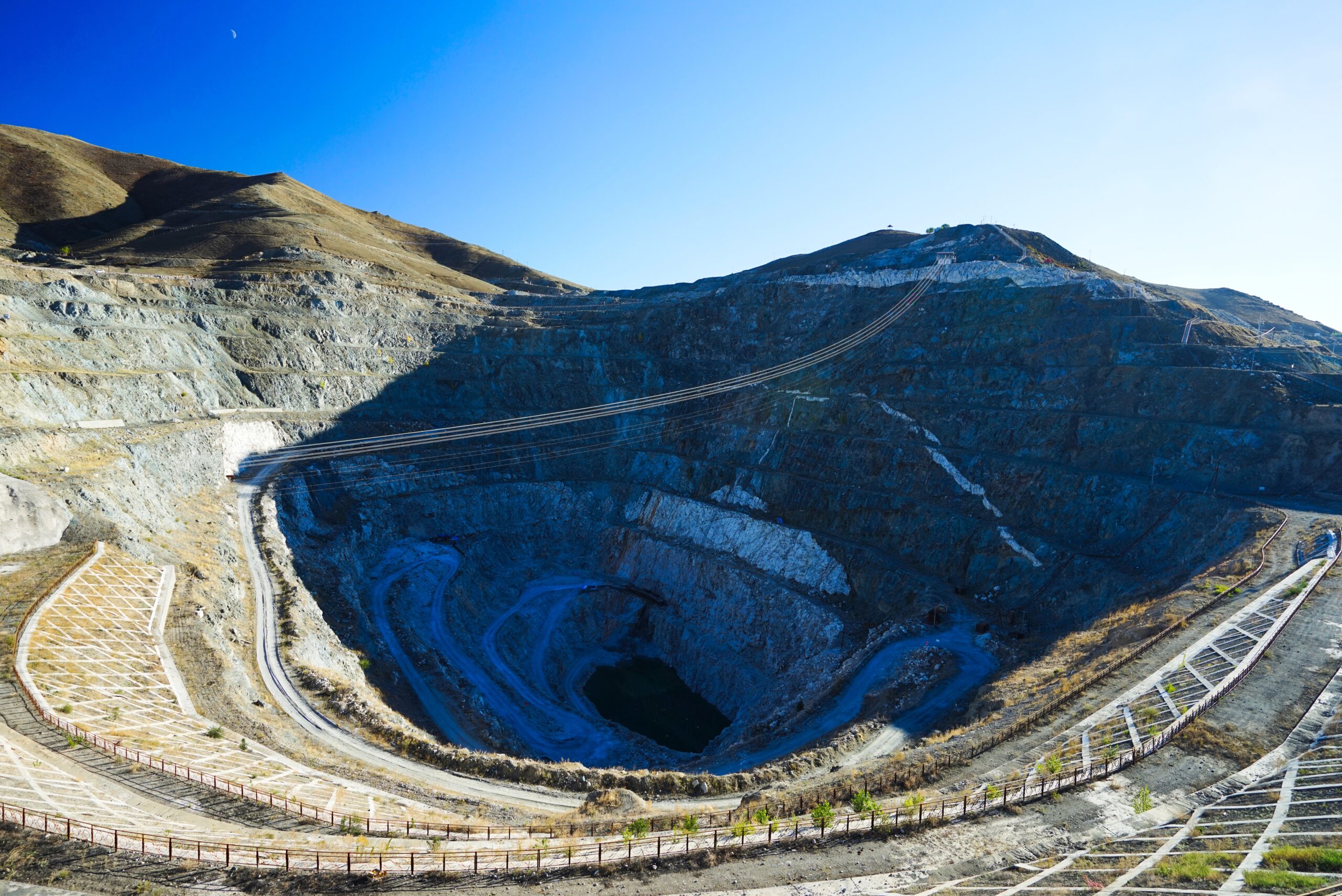
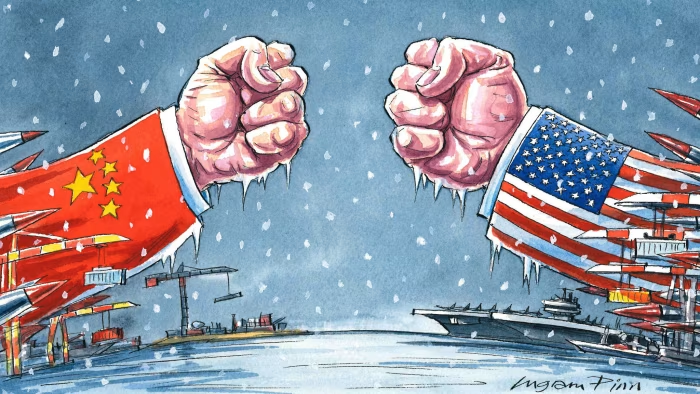
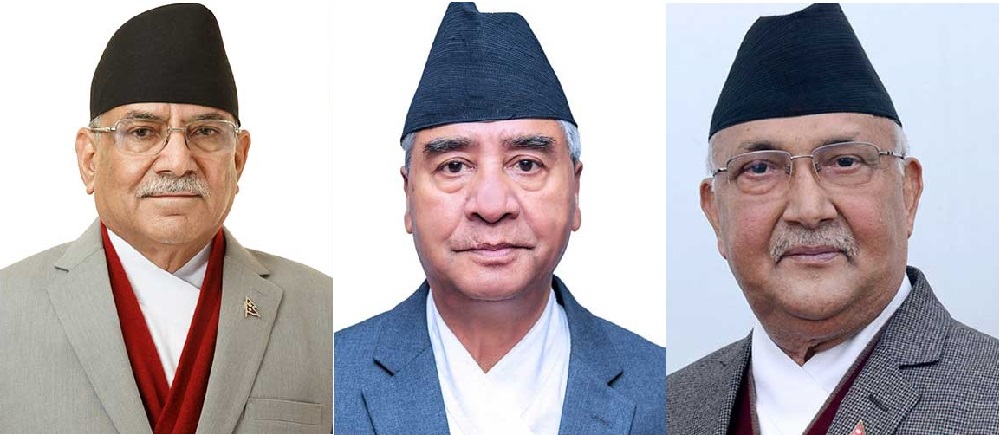




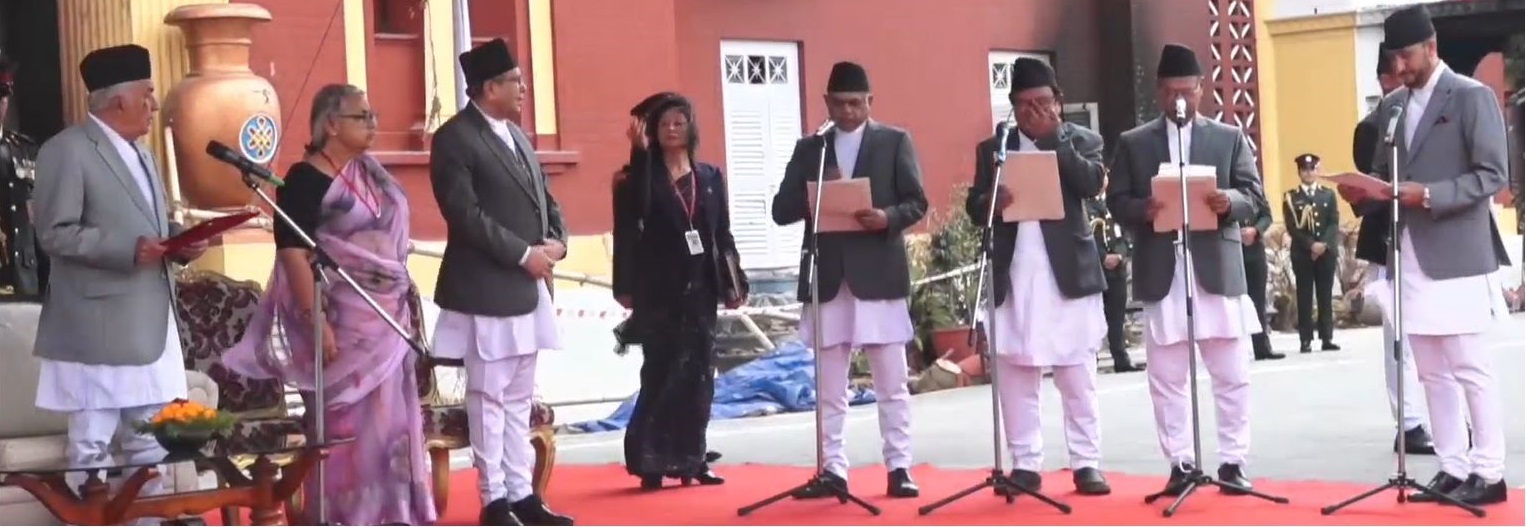


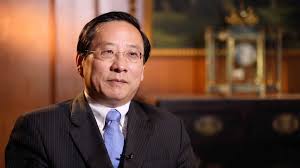
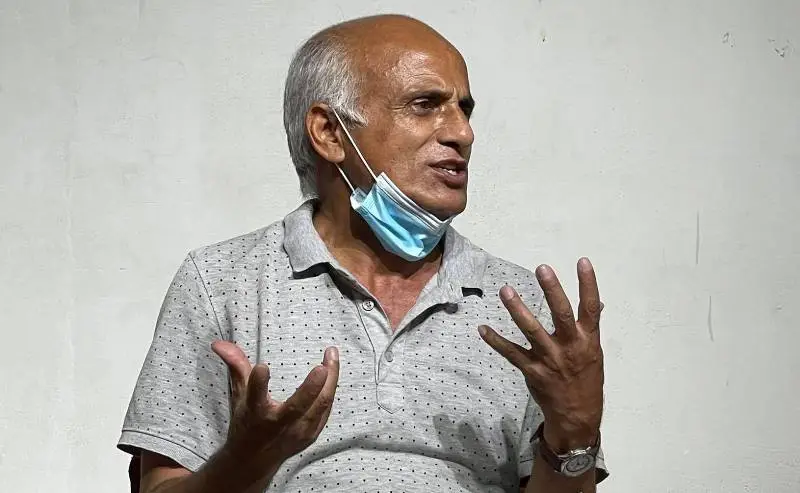
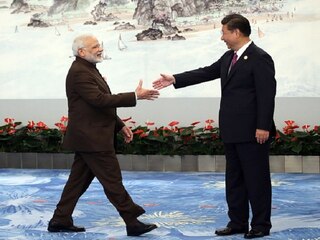
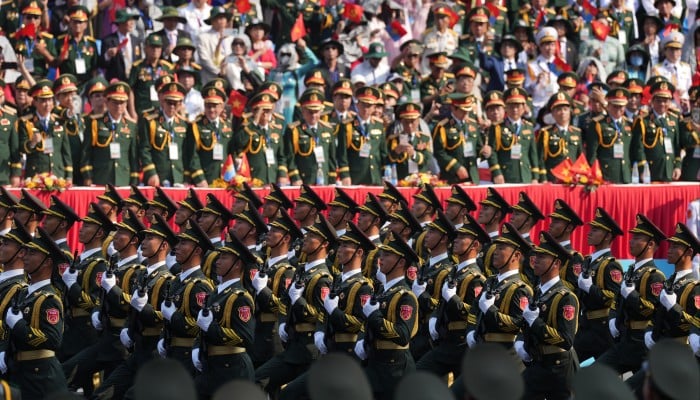

Comments:
Leave a Reply